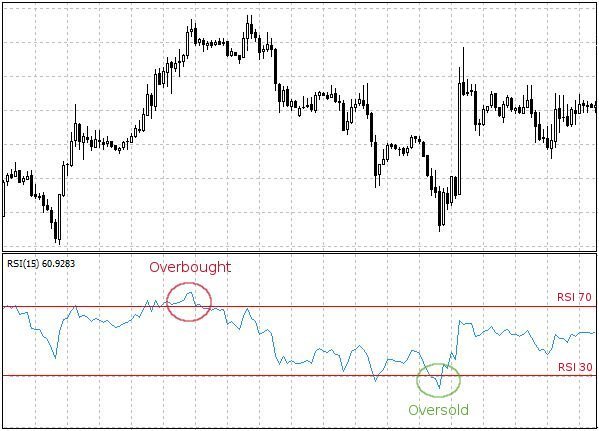All share market company list
As on 30th December,2022, there are 1830 companies listed on the National stock exchange (NSE) and 4109 companies listed on the Bombay stock exchange (BSE).
You can download the list of NSE companies here : NSE COMPANY LIST
You can download the list of BSE companies here : BSE COMPANY LIST
About NSE :

The National Stock Exchange of India, or NSE, is a leading stock exchange in India and one of the largest in the world. It is a major hub for trading in equities, derivatives, and other securities, and plays a vital role in the financial health of the country. In this blog, we’ll take a closer look at the NSE, including its history, how it operates, and its impact on the economy.
- History of the NSE: The NSE was established in 1992, with the aim of bringing transparency, efficiency, and liquidity to the Indian stock market. Prior to the NSE, the Bombay Stock Exchange (BSE) was the dominant exchange in the country, but it was plagued by a number of issues, including lack of transparency and a lengthy settlement process. The NSE was able to address these issues through the use of modern technology, such as electronic trading platforms and a centralized clearing system.
- How the NSE operates: The NSE operates as a fully automated, screen-based trading system, which allows for rapid execution of trades and real-time price discovery. It also has a centralized clearing and settlement system, which helps to reduce the risk of default and speeds up the settlement process. In addition to equities, the NSE also trades in a variety of other securities, including derivatives, debt instruments, and currency futures.
- The impact of the NSE on the economy: The NSE has had a significant impact on the Indian economy since its inception. It has helped to bring increased transparency and efficiency to the stock market, which has attracted a greater number of domestic and foreign investors. This, in turn, has helped to fuel economic growth and development in the country. The NSE has also played a key role in the development of the derivatives market in India, which has helped to manage risk and increase market liquidity.
- The role of the NSE in the global financial system: The NSE is a major player in the global financial system and is regularly included in the list of the top stock exchanges in the world. It is a member of the World Federation of Exchanges and is closely linked to other major exchanges through partnerships and cross-listing agreements. The NSE also plays an important role in the development of financial markets in other countries through its international exchange, NSE International Exchange (NSEIX).
- Challenges facing the NSE: Despite its success, the NSE has faced a number of challenges in recent years. One of the main challenges has been the impact of the COVID-19 pandemic, which has led to significant market volatility and economic uncertainty. The NSE has also faced competition from other exchanges, both domestic and international, and has had to adapt to evolving regulatory and technological changes.
About BSE :

The Bombay Stock Exchange, or BSE, is the oldest stock exchange in India and one of the largest in Asia. It is a major hub for trading in equities, derivatives, and other securities, and plays a vital role in the financial health of the country. In this article, we’ll take a closer look at the BSE, including its history, how it operates, and its impact on the economy.
- History of the BSE: The BSE was founded in 1875 and is the oldest stock exchange in India. It was initially a voluntary organization of stockbrokers, but has since evolved into a professionally managed exchange. The BSE has played a crucial role in the development of the Indian stock market and has been at the forefront of many important milestones in the country’s financial history.
- How the BSE operates: The BSE operates as a fully automated, screen-based trading system, which allows for rapid execution of trades and real-time price discovery. It also has a centralized clearing and settlement system, which helps to reduce the risk of default and speeds up the settlement process. In addition to equities, the BSE also trades in a variety of other securities, including derivatives, debt instruments, and currency futures.
- The impact of the BSE on the economy: The BSE has had a significant impact on the Indian economy since its inception. It has helped to bring increased transparency and efficiency to the stock market, which has attracted a greater number of domestic and foreign investors. This, in turn, has helped to fuel economic growth and development in the country. The BSE has also played a key role in the development of the derivatives market in India, which has helped to manage risk and increase market liquidity.
- The role of the BSE in the global financial system: The BSE is a major player in the global financial system and is regularly included in the list of the top stock exchanges in the world. It is a member of the World Federation of Exchanges and is closely linked to other major exchanges through partnerships and cross-listing agreements. The BSE also plays an important role in the development of financial markets in other countries through its international exchange, BSE International Exchange (BSEIX).
- Challenges facing the BSE: Despite its success, the BSE has faced a number of challenges in recent years. One of the main challenges has been the impact of the COVID-19 pandemic, which has led to significant market volatility and economic uncertainty. The BSE has also faced competition from other exchanges, both domestic and international, and has had to adapt to evolving regulatory and technological changes.

All share market company list










